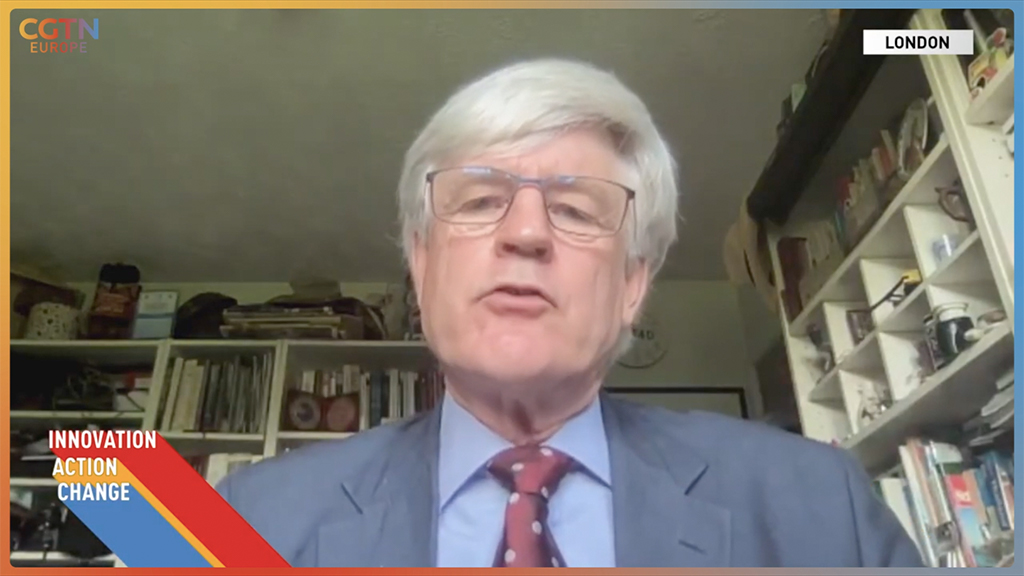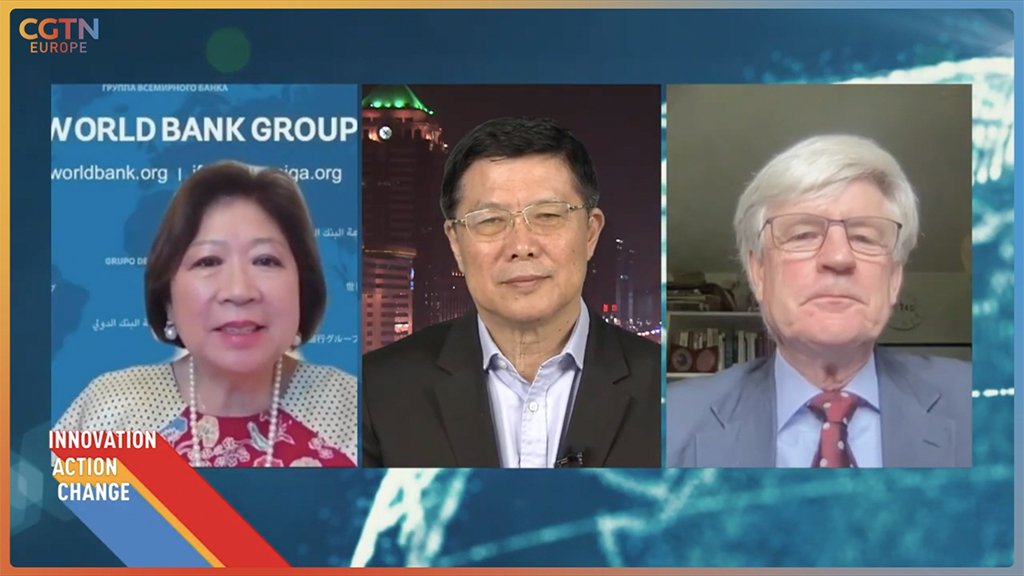03:02

Technology threatens to worsen global inequality, panelists on CGTN Europe's Innovation, Action, Change special program have warned.
The number of people living in extreme poverty fell from 36 percent in 1990, to 10 percent in 2015. But global progress has suffered a setback. The fallout from the pandemic has compounded the impact of conflict and climate change, which were already slowing progress.
While technological innovation could play a key role in reversing the setbacks suffered in the recent past, it also threatens to widen existing divides.
READ MORE:
Innovation, action, change: Poverty series
German election 2021: Special coverage
Paris's Musical Mid-Autumn Festival
05:55

"What we have to do is have creative ways of innovating in the interests of the poorest, of the most marginalized. And digital tech can do that. But we have to ensure that the harms and the challenges it faces, not least to our environment, are mitigated," Tim Unwin, UNESCO chair in Information and Communications Technology for Development, told CGTN's Stephen Cole.
Delivering digital connectivity to everyone across the world will be essential to tackling many of the challenges faced by societies, said Mari Pangestu, managing director of development policy and partnerships at the World Bank.
"We are facing a twin crisis, which is the development challenges that were accentuated by COVID-19 - whether it's poverty increasing by a hundred million or the increased inequality that we expect to happen. And we have the climate crisis. We have to make sure that there is digital connectivity, both research and development," she said.
👉 Join the discussion on our #InnovationActionChange facebook page
WATCH: Innovation, action change series on YouTube
Cover image: Sunday Alamba/AP/

